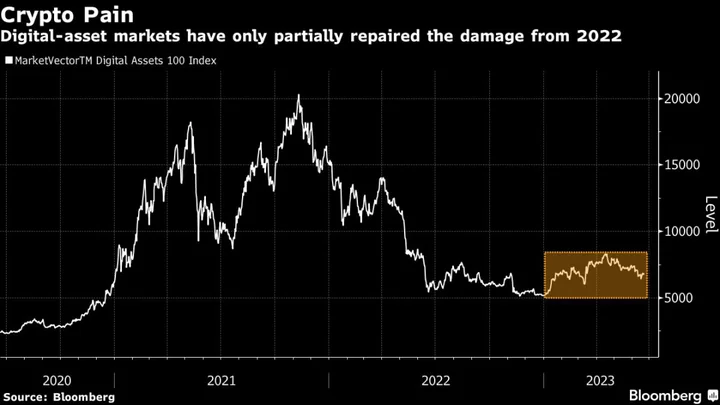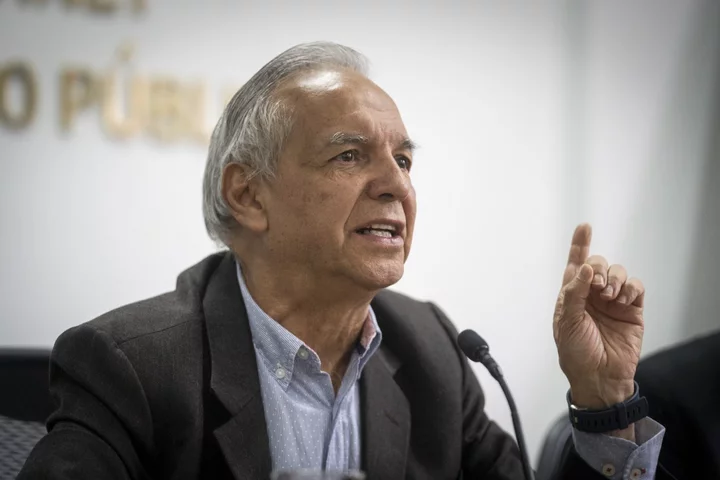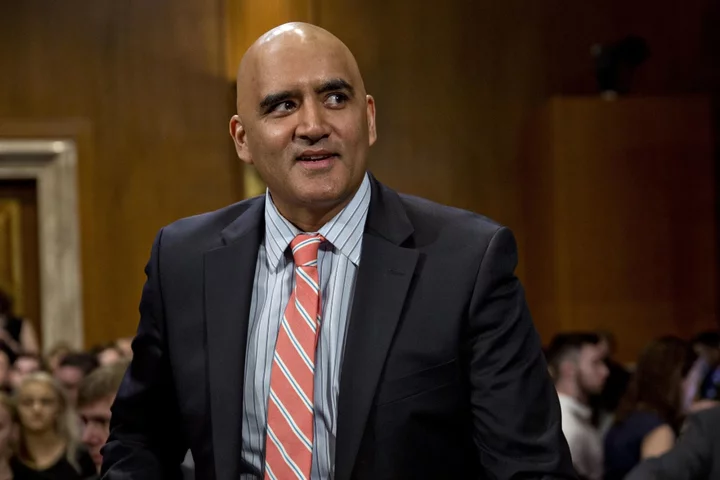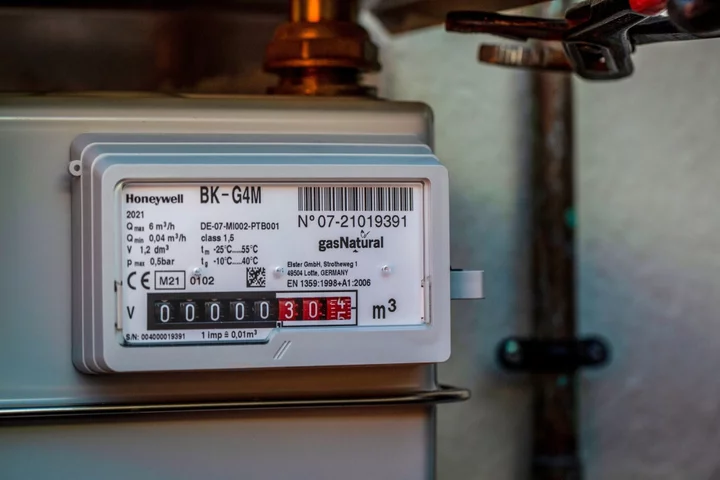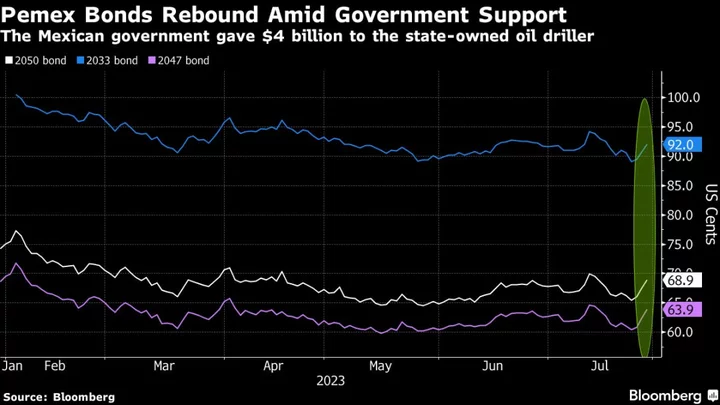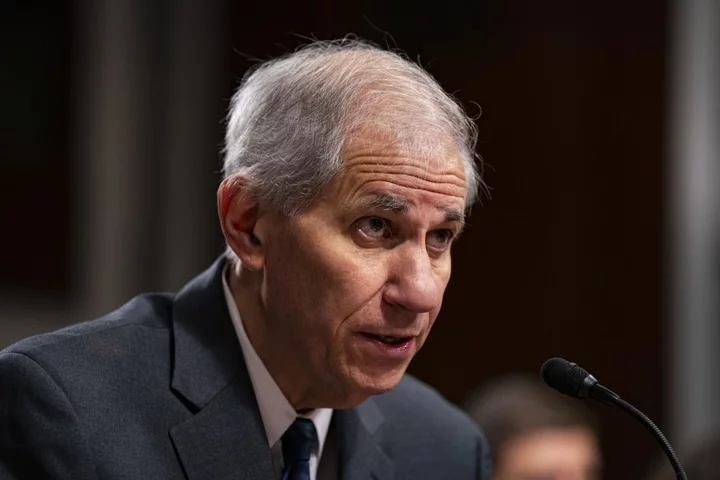Chinese authorities are weighing plans to support cash-strapped cities and counties by allowing additional local bond issuance to help pay down hidden debt in higher-risk areas, according to people familiar with the matter.
The proposals, which were submitted to senior leaders for discussion and are subject to change, could help address one of the biggest financial worries in the world’s second-largest economy: strains in debts at local-government financing vehicles. Provincial governments would be allowed to tap unused bond quotas and use the cash to help pay the hidden debts of local borrowers, the people said, asking not to be identified discussing private deliberations.
Utilizing more than 1 trillion yuan ($138 billion) of such quotas has been proposed, according to the people. That would come on top of total local bond quotas of 4.52 trillion yuan set earlier this year for 2023.
Economic woes are adding to concern over some $9 trillion of debt at local-government financing vehicles, entities controlled by authorities but not officially part of the government. LGFVs were set up to fund projects in cities and counties like roads, airports and power infrastructure, and their debt doesn’t appear on official balance sheets. Authorities have begun a fresh round of nationwide inspections to press local officials to come clean about these kinds of so-called hidden debts.
The Ministry of Finance, which is in charge of making fiscal and local debt policies, didn’t reply to a request seeking comment.
As officials try to better quantify the mountain of local debt, they have also been unveiling policies to help ensure financing for needed projects. In one recent development, China’s biggest state banks are offering ultra-long tenor loans to local government financing vehicles with high creditworthiness, Bloomberg reported earlier this week.


